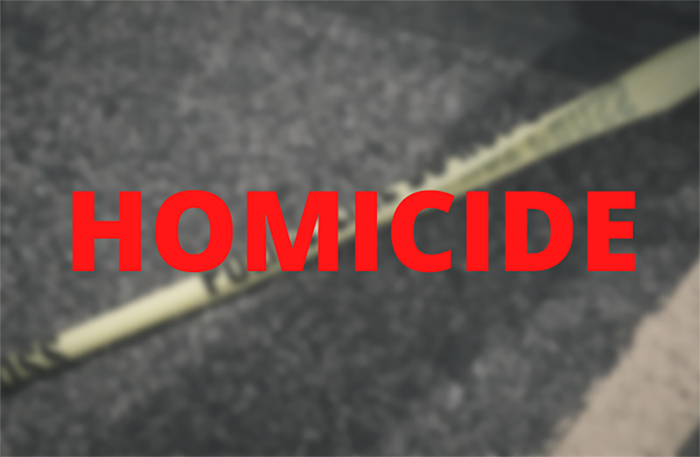
Thank you for reading D.C. Witness. Help us continue our mission into 2024.
Donate NowBy
D.C. Witness Staff
- April 21, 2021
Daily Stories
|
Homicides
|
Juveniles
|
Shooting
|
Suspects
|
Victims
|
On April 20, a DC Superior Court judge ruled to join a juvenile’s two pending homicide cases, setting a trial date in both cases for June.
The juvenile is charged with first-degree murder while armed for allegedly shooting 36-year-old Antonio Gardiner outside a McDonald’s in Southeast, DC. The juvenile is currently being held under the supervision of the Department of Youth Rehabilitation Services (DYRS), where he has been since the beginning of July.
The juvenile is also being charged in the murder of 52-year-old Everett King, which occurred on July 6. He is alleged to have helped the shooter dispose of the firearm after the incident.
Previously, on March 8, Judge Andrea Hertzfeld ruled that the two cases would not be joined because the juvenile had agreed to a virtual trial in one case but not the other. Judge Hertzfeld said she did not want both to get unnecessarily delayed.
The prosecution has since submitted another motion to join the two cases, saying that many of the same witnesses and experts will be called to testify in both cases since the firearm recovered was allegedly used in both offenses.
Defense counsel, Kevin O’Sullivan, requested Judge Hertzfeld deny the prosecution’s motion, saying the defense would not be ready for an in-person trial for the case because of the need to retest some DNA evidence independently due to a recent scandal involving the D.C. Department of Forensic Sciences (DFS). The attorney cited an outside investigation found the Firearms Examination Unit at DFS erroneously said that the same gun was used in two different homicides from 2015.
Due to the discovery of the department’s mishandling of evidence, defense counsel received a green-light for independently testing some of the evidence. The specific items being retested were not disclosed in the hearing.
Judge Hertzfeld ruled in favor of the prosecution’s motion to join the cases, stating that the courts are starting to plan for re-opening to allow minimal in-person trials for detained people. Due to the overlap in evidence and witnesses, she said it made the most sense to have the cases tried together.
In response to the judge’s ruling, O’Sullivan stated additional concerns around timing, alleging that the prosecution has not disclosed evidence. “We have submitted multiple letters, emails, calls and text messages that have largely gone unanswered,” said O’Sullivan.
Judge Hertzfeld asked defense counsel to submit motions to discuss the possible evidence violations, but said these concerns did not have any bearing on her decision to join the two cases.
She scheduled the in-person trial for both cases to begin on June 1 and end on June 10 with the caveat that the dates could be pushed back if defense counsel needs more time to review evidence and properly represent their client.
In closing, defense counsel made an oral motion to have the juvenile stepped down to a shelter house, which was denied by Judge Hertzfeld.
In addition to scheduling the trial, a trial readiness hearing was scheduled for May 24.
Read D.C. Witness’ previous articles on this case.
This article was written by Krystin Roehl
